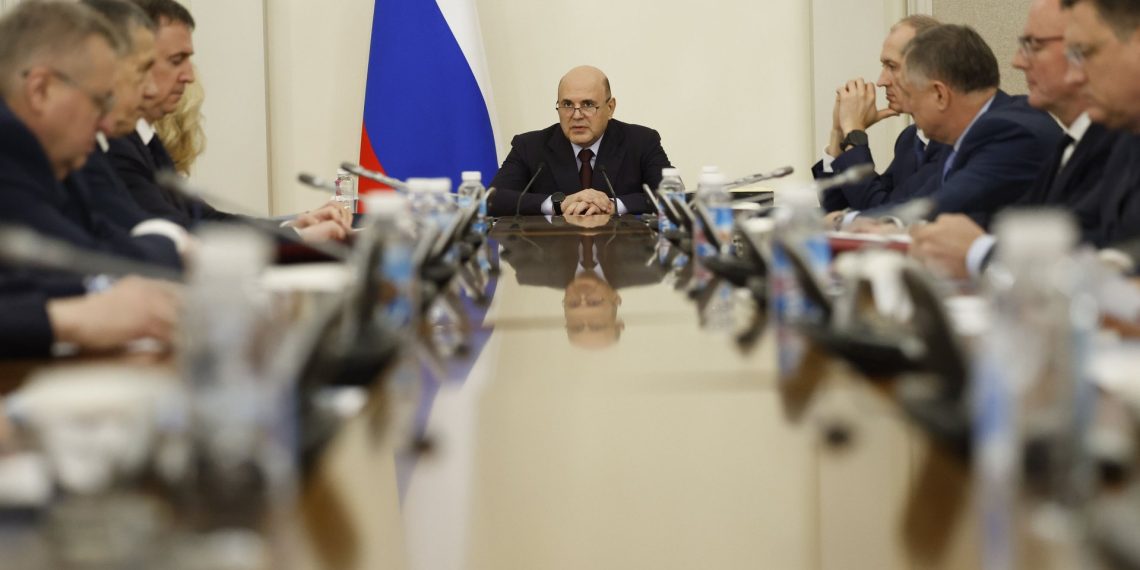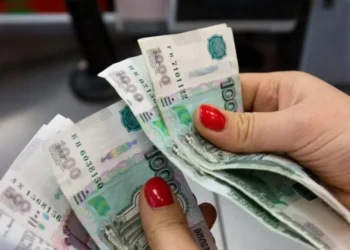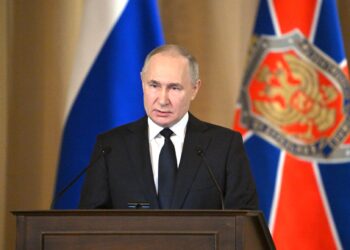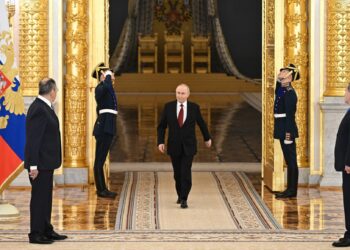MOSCOW (Realist English). Russian Prime Minister Mikhail Mishustin has instructed key ministries to update the country’s Automotive Industry Development Strategy, placing new emphasis on tailored support for domestic manufacturers, localization, and future export potential.
The directive follows a high-level strategic session held on June 17 focused on revamping Russia’s automotive sector. Mishustin stressed that strengthening technological sovereignty would require expanding production capacities, increasing the output of domestically produced vehicles, and developing a comprehensive ecosystem around the industry.
According to the official government summary published on July 10, the updated strategy must define targeted state support measures for major vehicle segments. Access to these measures will depend on high levels of actual localization, the vehicle’s consumer features, and its export prospects. Performance indicators for each support mechanism will be embedded in the state program “Development of Industry and Enhancement of Competitiveness.”
Ministries have been tasked with submitting their proposals by the end of November. These proposals must also address labor productivity gains and cost reduction strategies across the sector.
In addition, the updated strategy will include a forecast of the national vehicle fleet structure, factoring in the expansion of alternative fuel transport, autonomous and connected vehicles. The government aims to align this outlook with environmental targets, public transit infrastructure development, and evolving consumer preferences.
The Prime Minister also directed officials to draft a technological cooperation map connecting vehicle manufacturers, component producers, material suppliers, and software developers. This roadmap is expected to follow a model similar to those used in national technology leadership projects.
A separate order called for establishing a legal framework to formalize the role of “chief designers” in shaping technological policy in the industry — an institutional reform seen as key to advancing innovation.
Mishustin concluded that the modernization of Russia’s auto industry is critical for national resilience: “To strengthen technological sovereignty, we must continue expanding domestic production and build a modern ecosystem around the automotive sector.”


















